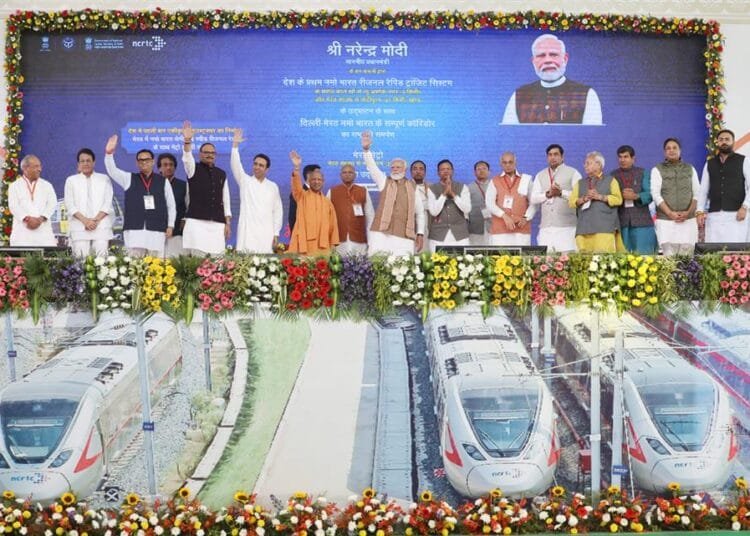Tata leads Durg Bypass

#Tata Realty and Infrastructure Ltd (TRIL) has taken majority stake in the Chattisgarh-based Durg Bypass road project for Rs.800-850 crore, a first of its kind deals for attracting foreign funds.
Last November, the government said it aims to monetize 75 toll-based highways, attracting foreign funds.
TRIL has acquired 51.6 per cent stake from its owner, Nagpur-based #SMS Infrastructure, for the two-lane 18.4-km toll road.
The deal is subject to approval from #National Highway Authority of India (NHAI).
#IDFC Alternatives Fund holds the rest 48.8 per cent in the project. IDFC invested in the Durg Bypass in 1998.
It is NHAI’s first build-operate-transfer (BOT) project with a toll lease till 2031.
It is also the first exit of promoters following the government’s 2014 exit policy for highway developers.
Earlier, BOT developers had to mandatorily maintain 26 per cent stake in the project throughout the concession period.
TRIL, a unit of Tata Sons’ in real estate development, has been aggressively building a road portfolio after the government announced various investor friendly policies.
The incentives allow original project promoters were forced to sell their debt-ridden assets for fear of turning non-performing assets.
Global pension funds such as #Brookfield Asset Management, #Morgan Stanley Infrastructure fund and #Canadian Pension Fund have purchased many toll-based road assets, according to industry observers.
In 2015, TRIL purchased three road assets of 624 km from Hyderabad-based rival #IVRCL Infrastructures and Projects for Rs.2,200 crore.
The company is expected to invest about Rs.10,000 crore to build an infrastructure portfolio. It has invested Rs.8,000 crore on 2,200-km road assets.
The company owns 2,200 km of roads after investing Rs 8,000 crore.
“We should be able to reach 5,000 km by fiscal 2019. Infrastructure is in short supply and balance sheets of many developers are debt heavy, so the valuation is attractive,” TRIL managing director Sanjay G Ubale has said.
“There is availability of funds for the road sector but the Public Private Participation (PPP) projects haven’t succeeded at all,” said Jaijit Bhattacharya, partner, infrastructure and government services, #KPMG.
“Although infrastructure has been rapidly rolled out in India, it is heavily reliant on the Engineering Procurement and Construction model. We cannot afford this and need modification in the PPP model,” he said. fii-news.com









